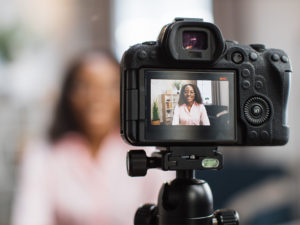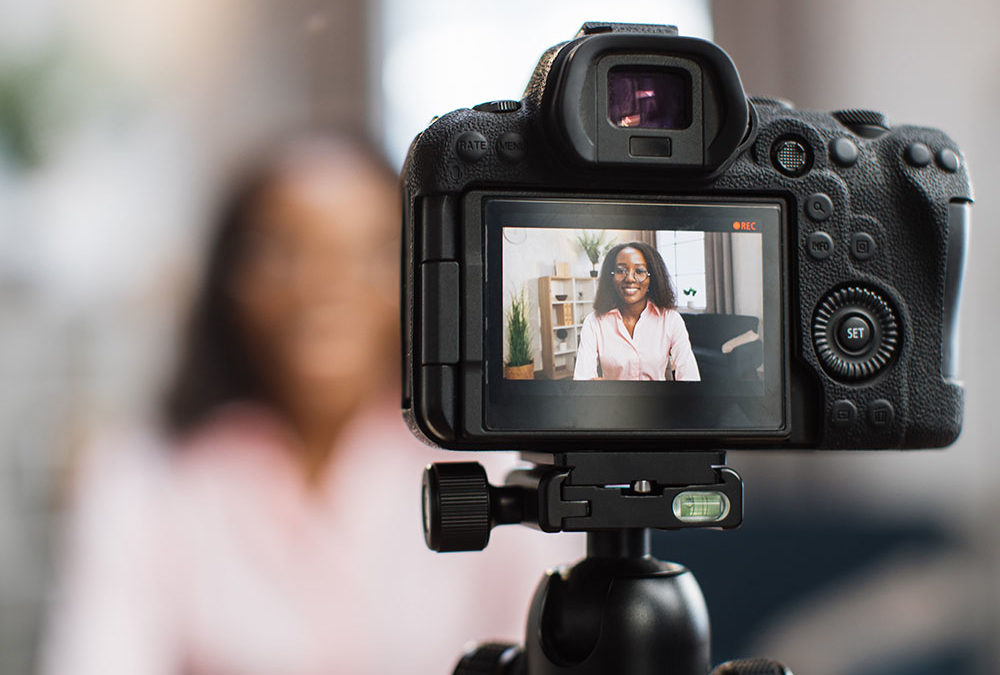Local legal video
Local legal video is a growing field that involves creating, editing, and producing video content that is used in legal proceedings, including depositions, trials, and mediations. It has become an essential tool for lawyers and legal professionals to present evidence, build arguments, and persuade judges and juries.
In this article, we will explore the benefits of local legal video, how it is used, and the ethical considerations that come with its use.
Benefits of Local Legal Video
One of the main benefits is its ability to provide a visual representation of evidence, which can be more compelling than written or oral testimony alone. For example, video evidence can capture the body language, tone of voice, and facial expressions of witnesses, which can provide valuable insight into their credibility and reliability.
Local legal video can also be used to create demonstrative exhibits, such as animations, simulations, and reenactments, that can help explain complex concepts, timelines, and events. These exhibits can be particularly useful in cases that involve technical or scientific issues.
Furthermore, local legal video can save time and money by reducing the need for in-person testimony and travel. For example, video depositions can be conducted remotely, which can eliminate the need for travel expenses and scheduling conflicts.
How Local Legal Video is Used
Local legal video is used in a variety of legal proceedings, including depositions, trials, and mediations.
Depositions
Video depositions are becoming increasingly popular, as they provide a more accurate and complete record of the testimony. They can also be used to impeach witnesses who may change their testimony later.
Trials
Video evidence can be used in both civil and criminal trials to provide a visual representation of the facts of the case. For example, video surveillance footage can be used to show the sequence of events leading up to a crime.
Mediations
Legal video can also be used in mediations to help parties reach a settlement. For example, a video presentation can be created to show the strengths and weaknesses of each party’s case, which can help facilitate a resolution.
Ethical Considerations
As with any technology, raises ethical considerations that must be taken into account. For example, the use of video evidence can be perceived as manipulative or unfair if it is presented in a misleading or biased manner. It is therefore essential for legal professionals to ensure that any video evidence presented is accurate, relevant, and not unfairly prejudicial.
Another ethical consideration is privacy. The use of video technology raises concerns about the privacy rights of witnesses and other individuals involved in the case. Legal professionals must ensure that they obtain the necessary consent and follow proper procedures for recording, storing, and disclosing video evidence.
Last Word
Local legal video has become an essential tool for legal professionals to present evidence, build arguments, and persuade judges and juries. It provides a visual representation of evidence, can save time and money, and can be used in a variety of legal proceedings. However, its use also raises ethical considerations that must be taken into account. As technology continues to evolve, it is essential for legal professionals to stay informed and adapt to new technologies and best practices.


